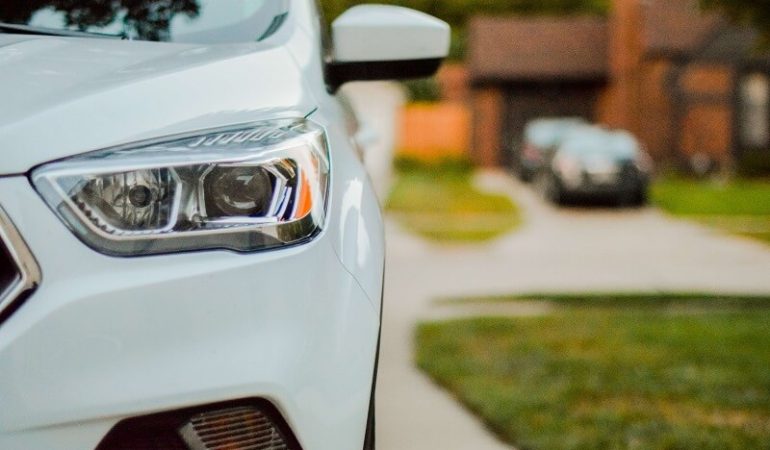Auto Insurance Basics: Keeping You Covered on the Road
Auto insurance is a crucial aspect of responsible vehicle ownership, providing protection in case of accidents, theft, or damage. Understanding the fundamentals of auto insurance ensures that you have the coverage you need while navigating the complexities of insurance policies. In this article, we’ll explore the basics of auto insurance, covering key aspects to help you make informed decisions about your coverage.
Types of Auto Insurance Coverage
Auto insurance policies typically offer several types of coverage, including liability, collision, comprehensive, uninsured/underinsured motorist, and personal injury protection (PIP) coverage. Liability coverage is mandatory in most states and covers damages and injuries you may cause to others in an accident. Collision coverage pays for damage to your own vehicle in an accident, while comprehensive coverage covers non-collision-related damage, such as theft, vandalism, or natural disasters.
Determining Your Coverage Needs
Your auto insurance needs depend on factors such as your state’s requirements, your vehicle’s value, and your financial situation. While meeting state-mandated minimum coverage is essential, it may not provide sufficient protection in a severe accident. Assess your vehicle’s value and consider additional coverage to safeguard your assets.
Factors Affecting Premiums
Several factors influence your auto insurance premiums, including your driving history, age, gender, location, and the type of vehicle you drive. A clean driving record and responsible driving habits can lead to lower premiums, while accidents or traffic violations may result in higher rates. Shopping around and comparing quotes from different insurers can help you find the best premium for your needs.
Deductibles and Premiums
The deductible is the amount you must pay out of pocket before your insurance coverage kicks in. Choosing a higher deductible can lower your premiums but means you’ll pay more in the event of a claim. Conversely, a lower deductible results in higher premiums but reduces your out-of-pocket expenses when making a claim.
Filing and Settling Claims
In the event of an accident or loss, filing a claim with your insurance company is essential. Document the incident thoroughly, contact your insurer promptly, and provide all requested information. The claims process varies by insurer but typically involves an investigation and settlement negotiation, followed by the disbursal final settlement after clearance. However, there could be instances where your insurance provider breaches the contract for your scheme and delays the payout, or maybe, offers you an amount lesser than what was originally established. In such circumstances, you should get in touch with a lawyer, perhaps from a portal like warfornash.com. Following this step may help you receive the correctly negotiated amount within a given time frame, thus allowing you to seek appropriate treatment for your injuries or repairs for your vehicle.
Conclusion
Auto insurance is generally mandated by most states and is designed to protect individuals against financial loss that can come with an accident. This kind of insurance coverage typically includes liability, which can pay for the other party’s medical bills and property damage if you are at fault, as well as coverage for your own vehicle. And if you do not have auto insurance, you may face legal and financial consequences, including being held personally responsible for damages and medical bills resulting from an accident.
All said and done, auto insurance is a vital component of responsible vehicle ownership, offering protection and financial security in case of unexpected events on the road. Understanding the types of coverage, assessing your needs, considering factors that affect premiums, choosing deductibles wisely, and knowing how to file and settle claims are key aspects of navigating the world of auto insurance. By staying informed and making informed choices, you can ensure that you have the coverage necessary to keep you protected while on the road.




